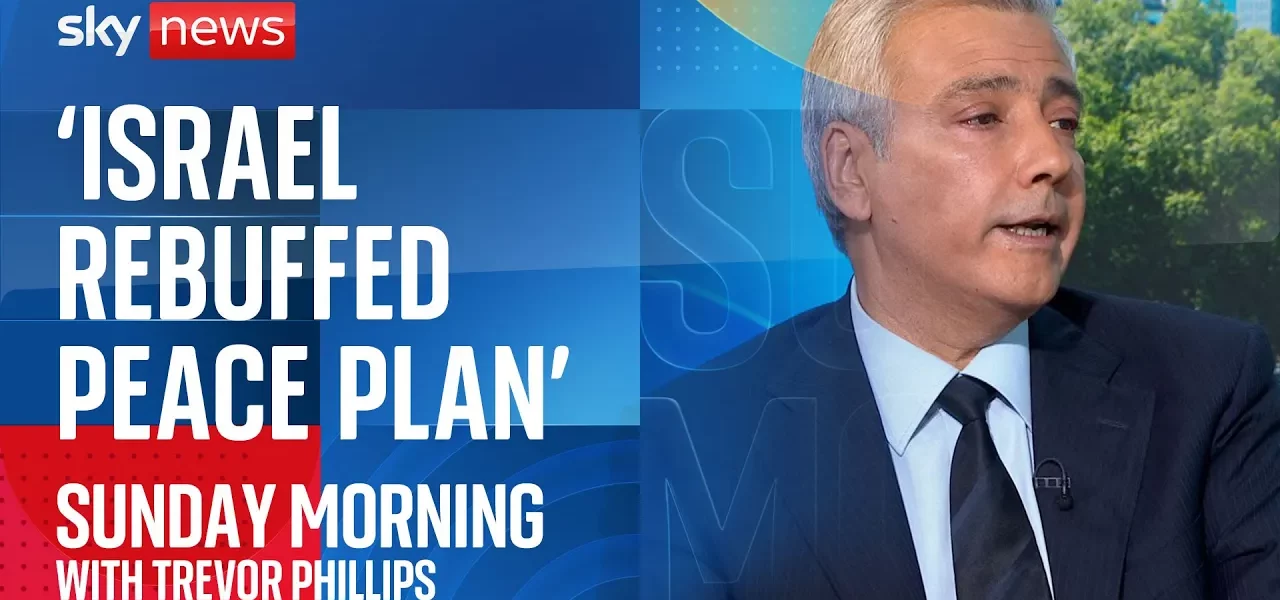Understanding the Current Situation in Lebanon: Hezbollah, Ceasefire, and Humanitarian Crisis

This article delves into the complexities surrounding the current conflict in Lebanon, focusing on the roles of Hezbollah, the Israeli government, and the humanitarian crisis resulting from the ongoing violence. Through a detailed analysis, we aim to provide insights into the political dynamics at play and the implications for regional peace.
Introduction
The situation in Lebanon has reached a critical juncture, characterized by rising tensions and a humanitarian crisis exacerbated by ongoing military actions. The recent discussions surrounding a potential 21-day ceasefire, which were reportedly endorsed by the late Hezbollah leader Hassan Nasrallah, have sparked debates about the role of various stakeholders in the conflict. This article explores the intricate relationships between Hezbollah, the Israeli government, and the implications of international diplomacy in the region.
The Ceasefire Proposal and Its Implications
Rumors suggest that before his assassination, Hassan Nasrallah had agreed to a 21-day ceasefire, a plan that involved significant input from the United States, the United Kingdom, and 15 other nations. The implications of this ceasefire are profound, as it represents a potential path toward de-escalation in an already volatile region.
International Involvement in the Ceasefire
The involvement of major world powers in proposing a ceasefire indicates a recognition of the urgent need to address humanitarian concerns. Despite this, the Israeli government under Prime Minister Netanyahu has demonstrated a reluctance to adhere to peace plans, undermining diplomatic efforts.
- Potential for humanitarian aid to flow into affected areas
- Opportunity for diplomatic negotiations to address underlying grievances
- Reduction in civilian casualties during the ceasefire period
The Humanitarian Crisis in Lebanon
Lebanon is currently experiencing full-scale aggression, resulting in significant loss of life and displacement of civilians. Reports indicate that over 2,000 fatalities have been recorded, with approximately 1.2 million individuals displaced.
Impact on Civilian Life
The violence has not spared civilian infrastructure, with medical facilities and support teams targeted during military operations. This disregard for international humanitarian law raises serious concerns about the ongoing conflict’s impact on the civilian population.
- Destruction of essential services and healthcare systems
- Increased vulnerability of displaced populations
- Long-term psychological effects on civilians
The Role of Hezbollah and the Lebanese Government
Hezbollah’s presence in Lebanon complicates the political landscape, as it operates independently of the Lebanese government. The question of whether the Lebanese state can control its territory is a contentious issue, with many arguing that Hezbollah’s military capabilities undermine state sovereignty.
Hezbollah’s Historical Context
Understanding the historical context of Hezbollah’s formation is essential to grasping its role in the current conflict. Established during Israel’s occupation of Lebanon, Hezbollah emerged as a response to perceived aggression and has since evolved into a significant political and military force.
The Complex Relationship with the Lebanese Government
While Hezbollah is a part of the Lebanese political landscape, its actions often lead to international scrutiny and criticism. The Lebanese government faces pressure to address Hezbollah’s military capabilities while navigating the complex dynamics of regional politics.
Path to Peace: Addressing Grievances Holistically
For any meaningful resolution to occur, it is crucial to address the grievances of all parties involved. A holistic approach that considers the concerns of both the Lebanese population and the Israeli government is necessary to pave the way for lasting peace.
The Role of International Law
International law provides a framework for addressing conflicts and ensuring that both sides adhere to their obligations. The UN resolutions, particularly Resolution 1701, are pivotal in guiding negotiations and establishing a basis for mutual security.
Inclusive Dialogue for a Sustainable Solution
A sustainable solution to the conflict requires an inclusive dialogue that brings together various stakeholders, including regional powers, to address underlying issues. The Arab Peace Initiative serves as a potential roadmap for achieving peace in the broader Middle East.
Conclusion
The current situation in Lebanon is a complex interplay of historical grievances, military actions, and humanitarian crises. While the possibility of a ceasefire offers a glimmer of hope, the path to peace requires a concerted effort from all parties involved to engage in meaningful dialogue. It is imperative for the international community to support Lebanon in its quest for stability, ensuring that the voices of its people are heard and addressed. We encourage readers to stay informed and advocate for a diplomatic resolution to this ongoing crisis.
“`




